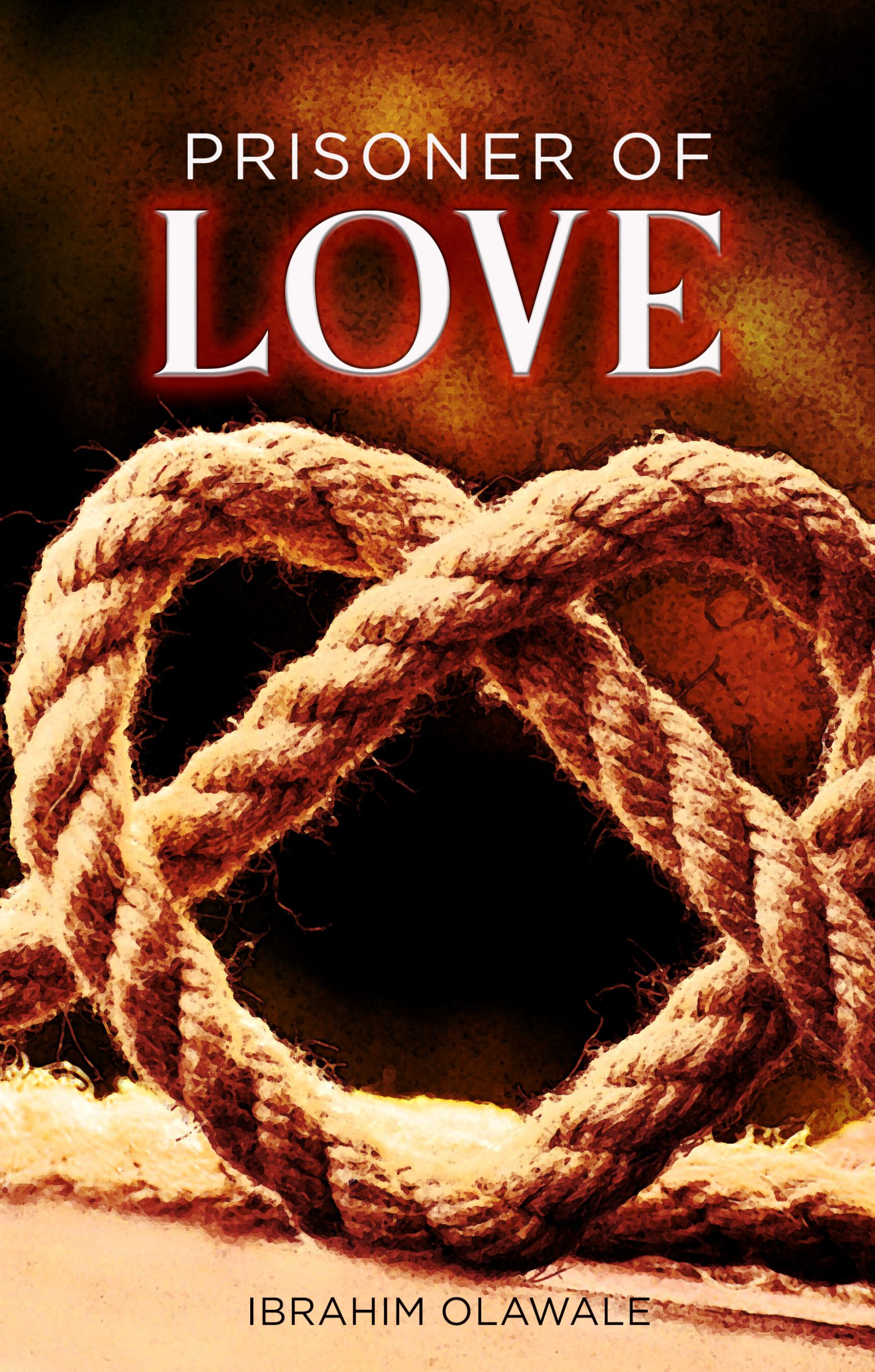Ibrahim Olawale’s Debut – Prisoner of Love resonates for its familiarity

Literature has a way of giving life to our shared human experiences. Love poetry seems to be the most popular poetry since the advent of poetry writing. That’s not unexpected. As humans, we fall in and out of love, experience heartbreak, loss, and false love.
The poem that resonated with me most is “Immigrant’s Tale”, the last poem in this chapbook, it goes thus;
“When my land turned yellow with drought,
I went in search of greener pastures,
wading through turbulent seas and battering
Storms.
An Immigrant’s story is a tale of sorrow;
His face tells of his longing for home.
But when home loses its virtue,
a man becomes a fugitive in a foreign land.”
The emotions expressed by the persona in this poem reflect the tales of many migrants who, for them, home has lost its virtue. To critically analyse this poem, we can say for some, staying put at home can be likened to being in an abusive relationship. Think about politicians filtering the commonwealth, think about corruption, under-development, unemployment, underemployment and the many ills that plague many nations. Could loyalty to one’s country, that has repaid this assumed loyalty with nothing of note to show for it, also be equated to being a prisoner of love. For some, home is not necessarily the place of one’s birth but where a migrant has found rest, peace, and the sanctity of human life is protected. The tale of woes of migrants who have waded through oceans, seas and deserts for the quest to get to the promised land, which has ended in tears for many leaves a feeling of melancholy.
In the poem “Trapped” the voice begins with:
“I said “I do” under the pressure of
Joining the league of the married.
It’s been three years in this prison of love.
Where I come from, divorce is a taboo.
They say he will change,
But only God can change a man.
Analysing the first two stanzas of this poem makes for familiar reading. In many cultures, divorce is a taboo subject with a stigma associated with it. Evaluating this critically, this can also foster conversations around forced marriages and the case of child-brides who are married off before having the foreknowledge of womanhood. The poem also shows the ingrained role of religion in our day-to-day lives and the belief that God can do the impossible, like changing a partner who is on their way to ruin.
The last poem to analyse in Ibrahim Olawale’s debut offering is titled “Cheating Ex”, the persona laments about a cheating ex:
“My ex was a skilled cheater.
Cheated the night after we took vows,
And kept a straight a face.
The poem goes on to recount the many attributes of those exes that we waved goodbye without looking back and ended on a powerful note:
My ex was a serial killer.
Killed our growing love
And I shattered like a cracked egg.
By using the term “killer”, the poet shows us another dimension of killers different from AK-47 wielding armed men who bay for blood. The metaphor, I shattered like a cracked egg, softens the emotional cracks where in some instances grown people would soak in tears for lost love. And some have done the unimaginable on account of the chaos a failed relationship can foster.
In all, Ibrahim Olawale’s chapbook is a captivating debut written in simple language.